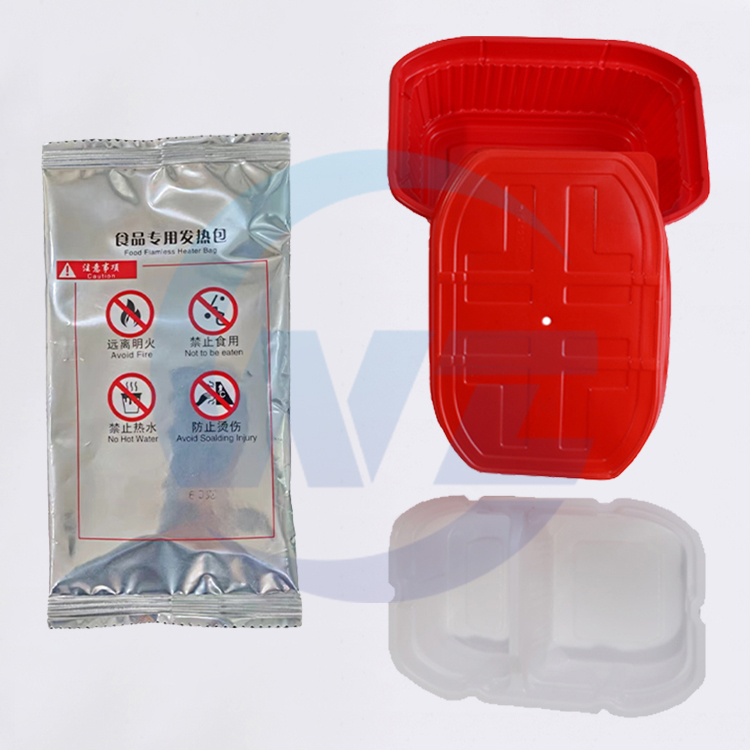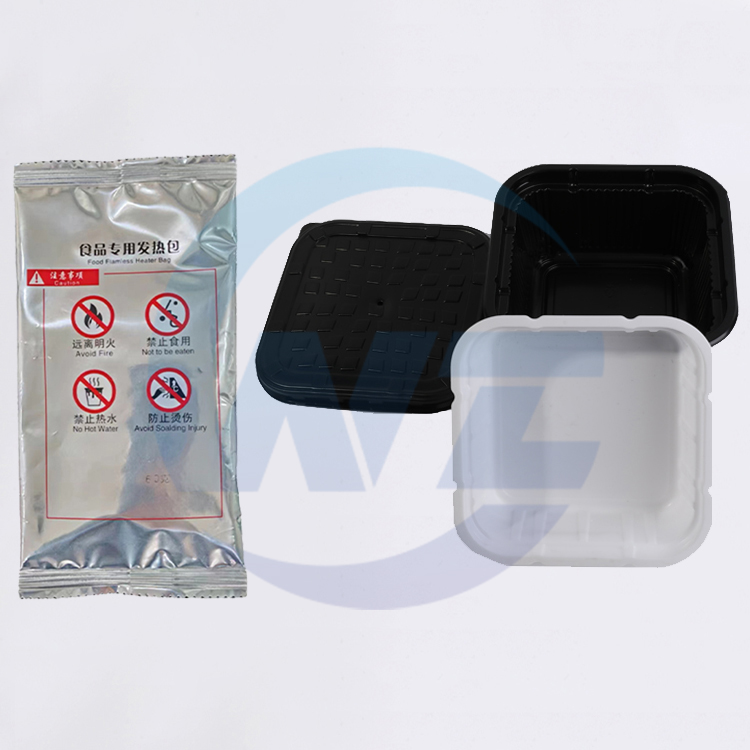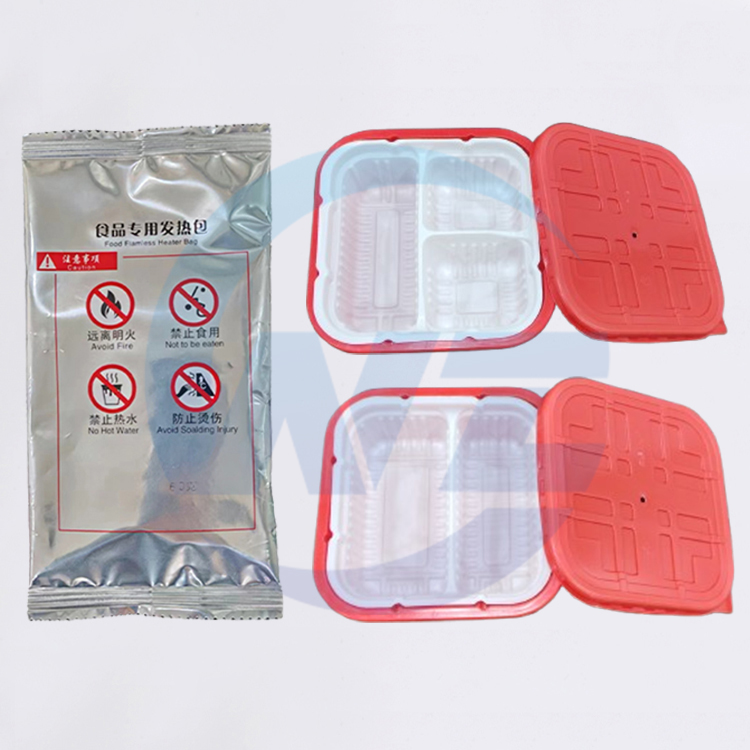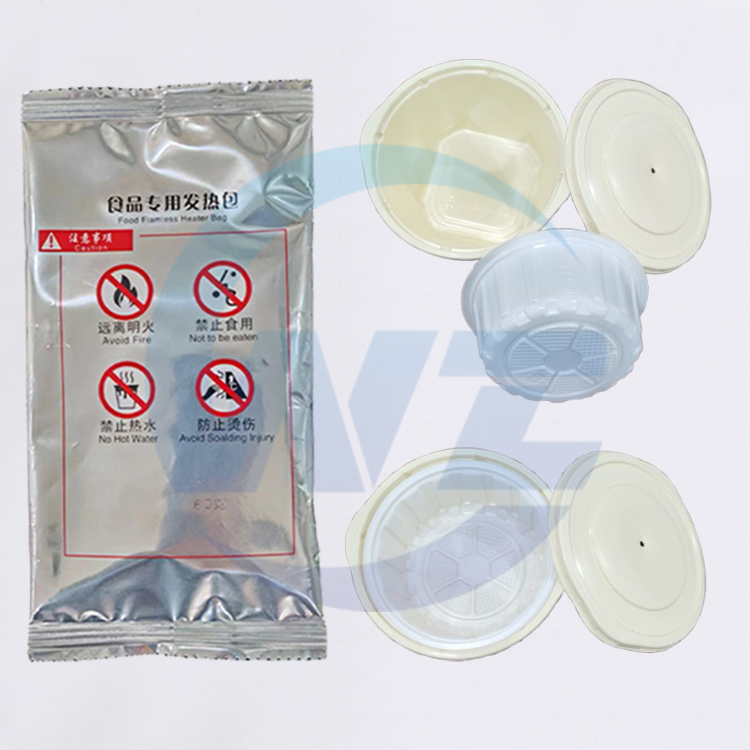by Kevin
Share
by Kevin
Share
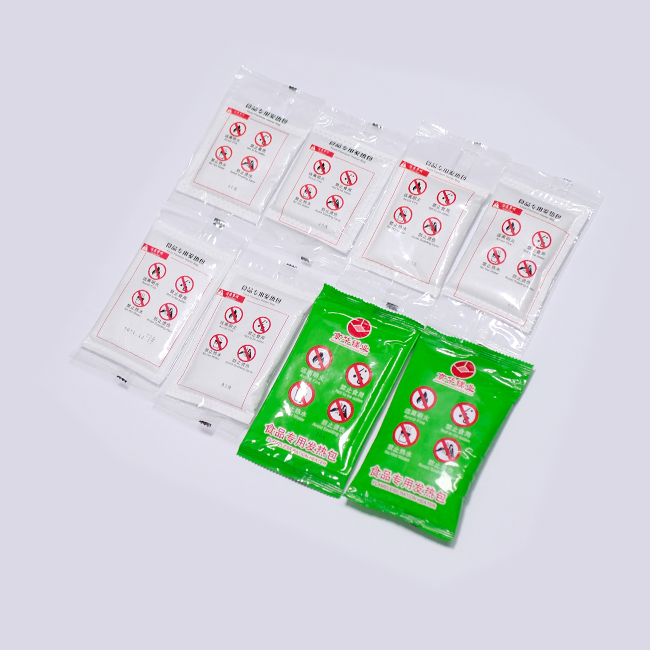
Self Heating Food Packs Introduction
Self-heating food packs have transformed the way we enjoy hot meals on-the-go, whether for outdoor adventures or during emergency situations. But how exactly do these convenient meal solutions produce heat? Let’s delve into the science behind self-heating food packs and how they provide a warm meal with just a simple activation.
Features of Self-Heating Food Packs
Instant Heat Generation
Self-heating food packs are designed to generate heat instantly, allowing you to enjoy a hot meal without the need for external heat sources.
User-Friendly Activation
With a simple and safe activation process, these food packs are easy to use, making them perfect for individuals of all ages.
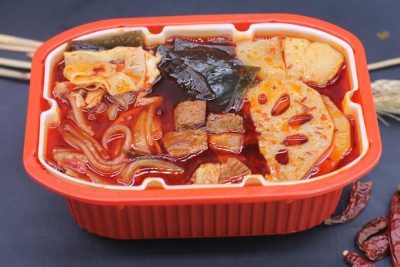
No External Heat Required
The self-heating mechanism eliminates the need for stoves, ovens, or other heating appliances, making them ideal for situations where access to heat is limited.
Sustainable Packaging
Most self-heating food packs are made with eco-friendly materials, reducing waste and environmental impact.
How do Self-Heating Food Packs Work?
The technology behind self-heating food packs is based on an exothermic chemical reaction. Here’s how it works:
Activation of the Heating Element
The process starts by activating the heating element, usually by removing a barrier that allows two substances to mix.
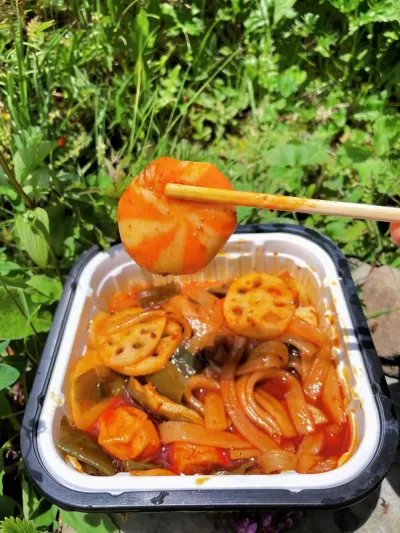
Chemical Reaction
Once the barrier is removed, a chemical reaction occurs between the substances, typically involving iron, saltwater, and a catalyst.
Heat Production
The chemical reaction produces heat, which is then transferred to the food container, heating the contents to a warm and enjoyable temperature.
Insulation
The packaging is designed to insulate and retain the heat, ensuring that your meal stays warm until you’re ready to eat.
Common Uses of Self-Heating Food Packs?
Outdoor Activities
Climbers, hikers, and campers rely on self-heating food packs for a hot meal after a long day in the wilderness.
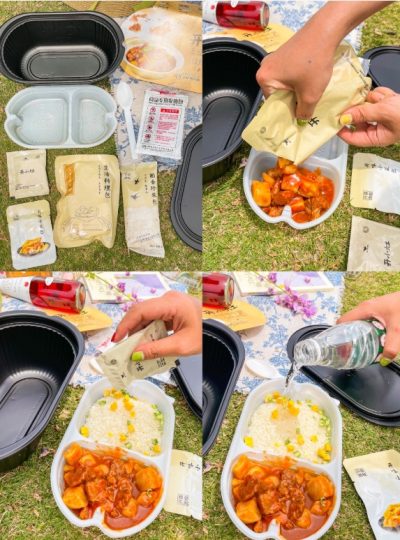
Emergency Situations
During natural disasters or power outages, self-heating food packs provide a quick and warm meal option.
Workplace Lunches
For those working in remote locations or without access to a microwave, self-heating food packs offer a convenient lunch solution.
Travel
Self-heating food packs are a great option for travelers who want to enjoy a hot meal on the plane or during a road trip.
How to Choose the Right Self-Heating Food Pack?
Consider the Meal Options
Choose a self-heating food pack that offers the type of meal you enjoy, whether it’s a pasta dish, soup, or a full entrée.
Check the Heating Time
Different food packs have different heating times, so select one that matches your time constraints.
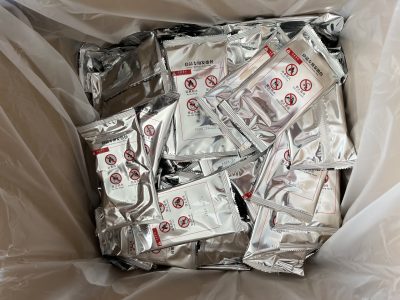
Assess the Portability
Ensure the pack is compact and easy to carry, especially if you’ll be hiking or traveling with it.
Conclusion:
Self-heating food packs are a game-changer for enjoying hot meals in any situation. With their easy activation and reliable heating mechanism, they offer a convenient and tasty solution for outdoor enthusiasts, emergency preparedness, and everyday on-the-go dining. By selecting the right pack for your needs, you can ensure a warm meal is always within reach.
FAQ’s:
How long does it take for a self-heating food pack to warm up?
Typically, a self-heating food pack will warm up within 5-10 minutes of activation.
Can self-heating food packs be reused?
No, self-heating food packs are designed for single-use only.
Are self-heating food packs safe to use?
Yes, they are designed with safety in mind. However, always follow the instructions provided and keep them out of reach of children.
Can self-heating food packs be stored in any temperature?
For best results, store self-heating food packs at room temperature and avoid exposing them to extreme heat or cold.
What should I do with the packaging after use?
Dispose of the packaging in accordance with local recycling guidelines, as many components are recyclable.
STAY IN THE LOOP

